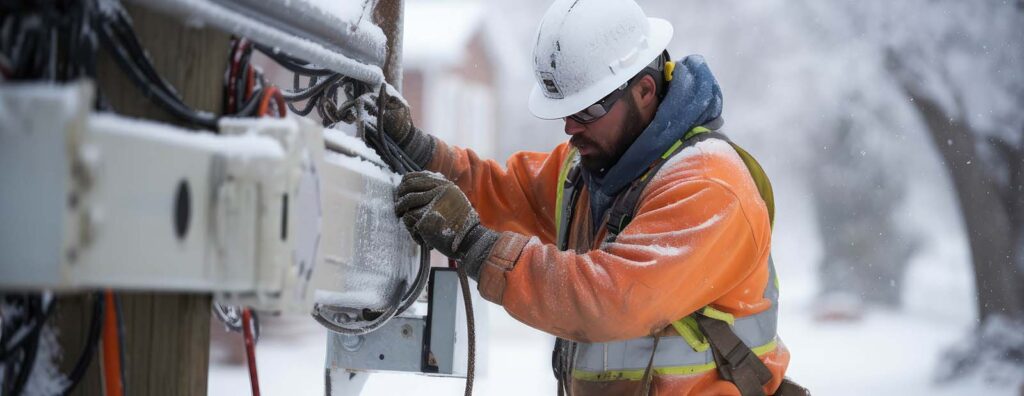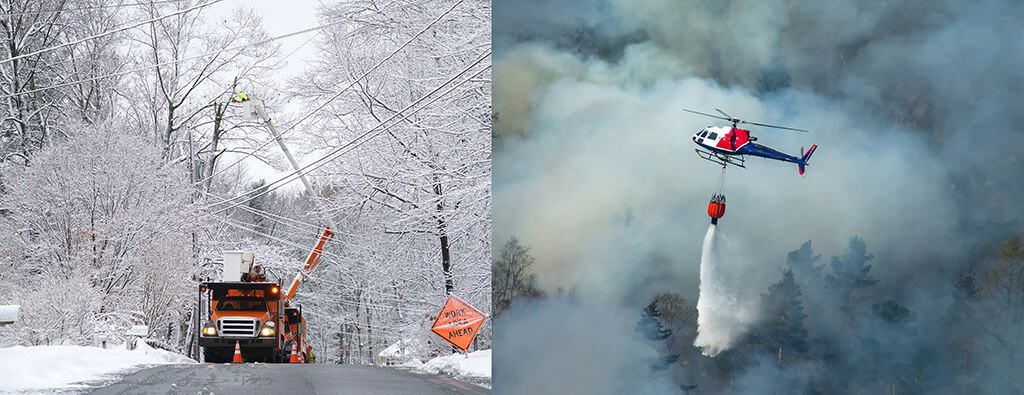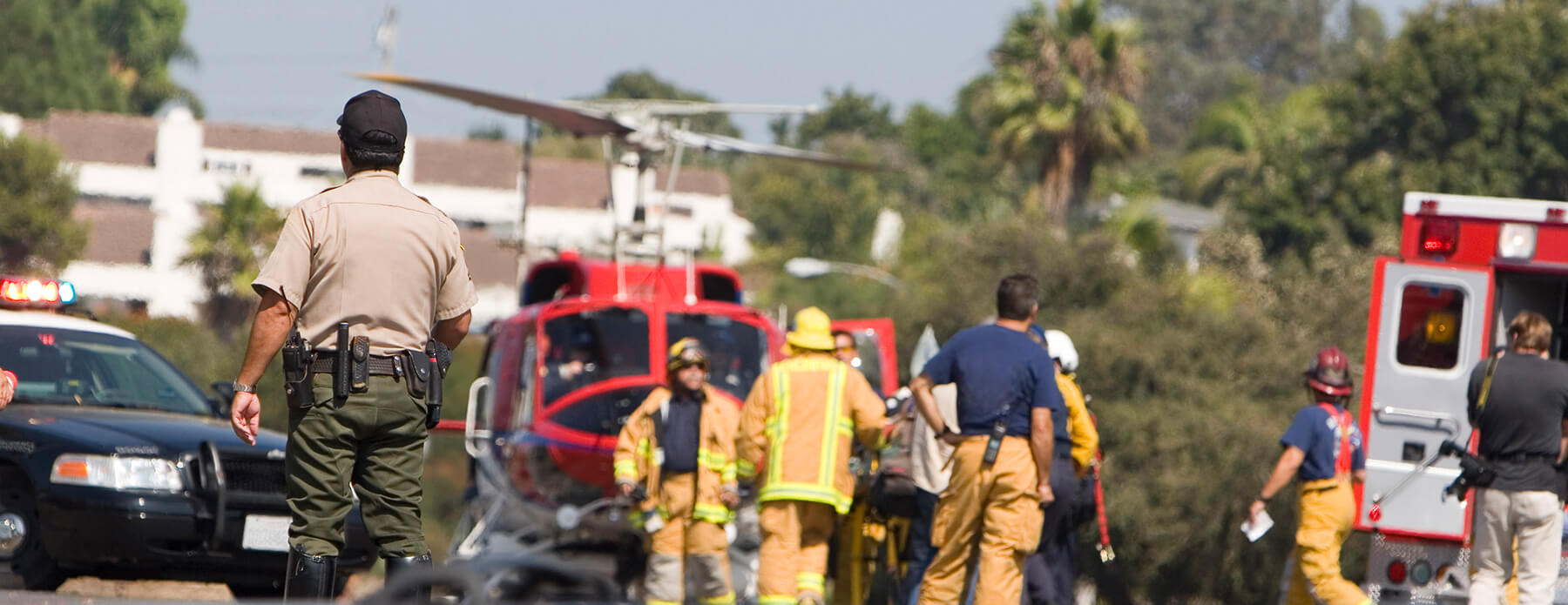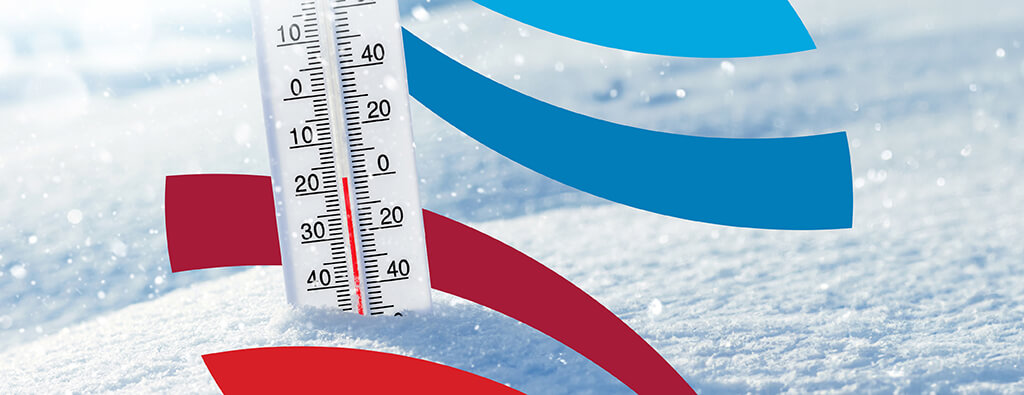Winter is a beautiful time of year, with snow-covered landscapes and festive holiday celebrations. But for many governments and their communities, it also means dealing with the potential threat of power outages during cold winter months.
Power outages can have severe consequences, especially during winter when temperatures drop below freezing. The loss of electricity can mean no heat, no light, and limited communication, making it challenging for governments to carry out their operations and for communities to cope with the situation.
Fortunately, there are steps that governments can take to prepare for power outages during the winter months. By being proactive and implementing proper measures, government entities and communities can minimize the impact of power failures and be better equipped to handle such situations.
Preparative Measures Governments Can Take to Mitigate Winter Power Outages
- Conduct a Risk Assessment
The first step for governments in preparing for power outages during the winter months is to conduct a risk assessment. This involves evaluating potential risks and vulnerabilities, such as aging infrastructure or extreme weather conditions, that could lead to power disruptions.
By identifying these risks, governments can develop contingency plans and allocate resources to mitigate their impact. It also enables them to prioritize critical infrastructure and services essential for the community’s functioning during a power outage. - Develop Emergency Plans
Once potential risks have been identified, governments should develop emergency plans that outline specific actions to take in case of a power outage. These plans should include protocols for restoring essential services and communication channels for disseminating information to the public.
It is also crucial for governments to collaborate with utility companies and other relevant agencies in developing these plans. This collaboration can provide access to critical information and resources that can help restore power and maintain essential services. - Ensure Backup Power
Governments should have backup power systems in place to ensure uninterrupted operations during a power outage. These can include generators or battery backups for critical facilities such as hospitals, police and fire departments, and emergency shelters.
Governments should also consider investing in renewable energy sources such as solar panels or wind turbines to supplement their power supply. These can serve as a backup during outages and reduce dependence on traditional energy sources. - Educate the Community
Governments should also take proactive measures to educate the community about preparing for and coping with power outages during the winter months. This can include providing information on how to conserve energy, how to stay warm without electricity, and what to do in case of an extended outage.
Educating the community about the dangers of carbon monoxide poisoning from alternative heating sources such as generators or kerosene heaters is also essential. By raising awareness, governments can help reduce the risk of accidents and injuries during a power outage. - Stock up on Supplies
Governments should also stock up on essential supplies such as food, water, and blankets in preparation for a potential power outage. These can be crucial in providing for vulnerable populations and ensuring their safety during an outage.
Governments can also work with local businesses to ensure they have enough supplies on hand to meet the needs of the community during an emergency. This collaboration can also help support local businesses and the economy during a challenging time.
Governments should also prioritize educating the community on how to assemble a cold-weather emergency kit that includes items essential for survival during extended power outages in freezing conditions. Essentials include warm clothing, blankets, a flashlight with spare batteries, a battery-powered radio for updates, non-perishable food items, bottled water, and a first-aid kit. It’s also prudent to include items like a multi-tool, a whistle for signaling help, and personal hygiene items. Governments can host community workshops or distribute easy-to-follow guides on creating and maintaining these kits. This proactive education empowers individuals and families to better prepare and protect themselves during winter power outages. - Maintain Communication
Communication is crucial for keeping the public informed and updated during a power outage. Governments should have multiple communication channels in place, such as social media, text alerts, and traditional media, to reach as many people as possible. - It is also essential for governments to establish communication protocols with neighboring communities and agencies to coordinate efforts in case of a widespread outage. This can help ensure efficient and effective response and recovery processes.
Responding Effectively to Power Outages During Winter Storms
While preparation is key, the response during an actual power outage event caused by winter storms is equally critical. Governments play a pivotal role in providing effective and immediate assistance to those in need during these challenging times. Here are a few strategies that can help:
- Activate Emergency Plans
As soon as a power outage occurs, government entities should immediately activate their pre-established emergency plans. Swift implementation of these plans mitigates the impact of the crisis and reassures the community that the government is in control and working tirelessly to restore normalcy. - Coordinate with Utility Companies|
Communication and coordination with utility companies are vital during a power outage. These companies can provide real-time updates about the outage extent and the estimated power restoration time. This information enables governments to strategize their response and provide accurate updates to the community. - Provide Regular Updates to the Public
Transparency and proactive communication foster trust between the government and its citizens. Officials should provide regular updates about the situation through different communication channels. Details about the response effort, progress in restoring power, and measures the public can take to stay safe should be part of these updates.
During a power outage, the usual lines of communication might be compromised. However, there are several ways governments can continue to communicate effectively with their communities:- Battery-Powered Radios: Traditional methods such as battery or crank-powered radios are particularly reliable during power outages. Governments can use local radio stations to broadcast updates and inform citizens about the situation.
- Cellular Networks: Although a power outage could potentially disrupt cellular services, in many cases, these networks continue to operate. Sending text messages to residents about the latest updates can be an effective way to disseminate information.
- Social Media: If internet services are available, social media platforms can be a powerful tool to inform and engage with the community. These platforms allow for real-time updates and provide a platform for feedback from the community.
- Emergency Alert System: Utilizing the Emergency Alert System (EAS) allows governments to send critical alerts through television, radio, and other devices.
- Door-to-door Outreach: In situations where electronic communication is completely disrupted, door-to-door outreach may be the most effective. This traditional method ensures that everyone is informed, especially those who might not have access to other forms of communication.
By leveraging a mix of traditional and modern communication channels, governments can ensure that they effectively reach their communities during a power outage.
- Establish Emergency Shelters
In the event of prolonged power outages, governments should establish emergency shelters equipped with essential amenities like heating, food, and medical care. These shelters provide a safe refuge for those unable to stay warm in their homes. - Mobilize Community and Volunteer Support
Governments can leverage local resources by mobilizing community support. Whether coordinating with local businesses to provide supplies or utilizing volunteers to distribute essentials, community involvement can significantly improve response efforts by providing invaluable manpower and resources during an emergency. These dedicated groups can assist in efforts such as door-to-door outreach, distributing supplies, and providing relief to professional first responders.
By effectively leveraging these resources, governments can provide a more comprehensive, efficient, and immediate response to winter power outages. - Evaluate and Learn
Once the situation is under control, governments should thoroughly evaluate their response. Identifying what worked well and what didn’t can provide valuable insights for enhancing future preparedness and response strategies. This commitment to learning and improvement reassures the public of their government’s dedication to their safety and well-being.
Power outages during the cold winter can have severe consequences for government operations and communities, but by taking these suggested proactive and reactive measures, governments can mitigate the risks and impact of these events within their communities.



